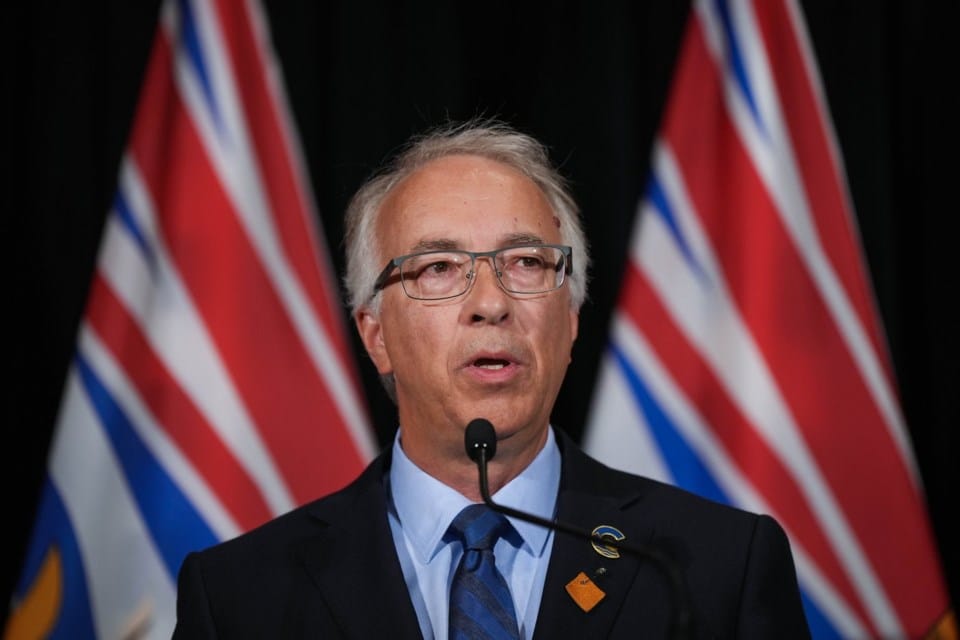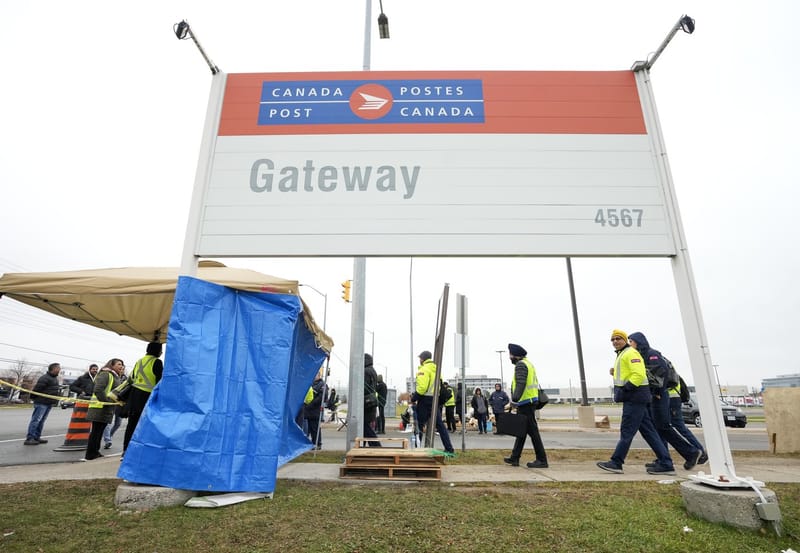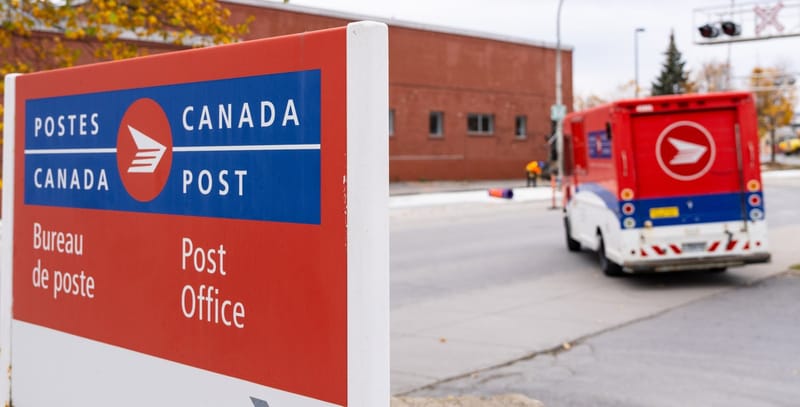B.C. should go nuclear, according to John Rustad
According to him, his former colleagues were more focused on winning votes than on "standing on the principles... that are needed to create a good society and quality of life."

John Rustad, leader of the rising Conservative Party of B.C. and known for his climate skepticism, has expressed interest in building nuclear reactors if he secures a win in next month’s provincial election.
In a recent podcast interview with Jordan Peterson, a right-wing figure and former psychology professor, Rustad criticized what they referred to as B.C.'s "socialist trainwreck."
He praised nuclear energy, stating that it uses fewer raw materials to produce power compared to wood or fossil fuels, calling it the ultimate form of energy production.
This would represent a significant shift for British Columbia, which has a long-standing tradition of anti-nuclear sentiment. The province has been a hub for the anti-nuclear movement for decades—Greenpeace was even founded in Vancouver in opposition to nuclear testing.
In 2010, the former B.C. Liberal government officially banned nuclear power.
Last year, Premier David Eby reiterated the NDP government’s stance, emphasizing that nuclear power plants would not be built in B.C., citing the province’s abundant clean energy resources such as solar, wind, geothermal potential, and hydro infrastructure.
Rustad, who previously served as a parliamentary secretary in the B.C. Liberal cabinet when the nuclear ban was implemented, revealed during the podcast that the decision was politically motivated.
According to him, his former colleagues were more focused on winning votes than on "standing on the principles... that are needed to create a good society and quality of life."
Proponents of nuclear energy, especially those concerned about climate change, argue that it is a dependable, fossil fuel-free electricity source that can complement renewable options like solar and wind.
A study from 2015 found that if nations invested in nuclear energy at the same rate as Sweden and France did from the 1960s to the 1990s, coal- and gas-powered plants could have been phased out within a few decades.
On the other hand, critics argue that nuclear power is actually costlier than renewable energy alternatives. Thomas Green, senior climate policy advisor for the David Suzuki Foundation, remarked that nuclear energy would be "a great way to throw money down a black hole."
He pointed out that building nuclear plants is often a "money sink" with frequent construction delays, while solar and wind farms are less expensive, quicker to establish, and more efficient in producing electricity.
British Columbia is in a favorable position to capitalize on renewable energy, given its extensive hydroelectric dam network. These dams can be relied upon to supply electricity when solar or wind power is unavailable.
Additionally, the development of "smart grids," which manage power demand more efficiently throughout the day, could further reduce the need for additional power generation, Green explained.
A 2022 study by researchers at the University of Victoria and the David Suzuki Foundation concluded that renewable energy sources could meet all of Canada's projected electricity needs by 2035.
However, this would require building additional solar and wind power facilities and improving the connections between provinces to facilitate more efficient electricity sharing.
Researchers have pointed out that nuclear reactors are not a practical solution for transitioning away from fossil fuels due to their high costs and limited availability.
Some experts even argue that "investments in new nuclear plants are bad for the climate due to high costs and long construction times."
M.V. Ramana, a professor at the University of British Columbia's School of Public Policy, agrees. He explains that nuclear energy is the most expensive energy source, requiring more investment to build and maintain compared to renewable options.
Additionally, it is slow to implement. Even if Rustad is elected next month and pursues nuclear power, Ramana estimates that a B.C. nuclear facility wouldn’t be operational until the 2040s at the earliest, considering the time required for permits and construction.
A major concern is the substantial amount of highly toxic, radioactive waste generated by nuclear power. Canada is already facing challenges in disposing of waste from existing nuclear facilities.
Both Green and Ramana warn that building a new facility in B.C. would only worsen this problem.
"You cannot describe nuclear [power] as a clean source of power," Ramana said. "It has its own pollutants, just as a coal plant does."
Despite these challenges, some believe nuclear power in B.C. could be beneficial.
Margareta Doval, managing director of Resource Works, a Vancouver-based organization focused on natural resource use, praised Rustad for bringing up the idea.
"It is long overdue in the B.C. political space to be talking about [nuclear] as an option," Doval said. She believes building a nuclear power plant in B.C. is technically feasible, though the province lacks the "social license" for such a project.
Echoing Rustad’s sentiments, she describes nuclear energy as a "pragmatic option" that could provide a stable energy source if B.C.’s hydro reservoirs fall short in supplementing renewables like wind and solar.
Doval also argued that if B.C.'s population is large enough, nuclear plants could be built without significantly increasing costs for consumers or the government.
Doval further suggested that nuclear power could support the low-carbon energy needs of B.C.’s growing LNG (liquefied natural gas) projects. According to her, the private sector's pursuit of LNG shows there is global demand, particularly in helping Asian countries reduce their reliance on coal.
However, many experts question the viability of B.C. LNG projects, which have already received over $5.3 billion in government subsidies.
These projects, projected to consume eight times the electricity generated by the Site C dam, may not be economically feasible. Refraining from such developments could free up renewable energy for B.C. residents.
Beyond the cost and logistical challenges of building nuclear reactors, Ramana stresses that it would be difficult for Rustad to find a community willing to host a nuclear facility.
Although accidents at nuclear plants are rare, high-profile disasters like Fukushima and Chernobyl amplify the perceived risks.
Most people are not willing to accept the potential for sudden, permanent displacement from their homes—or worse.
"There is always resistance for justifiable, rational reasons because there's a source of risk," Ramana said. "I don't see why in B.C. it is going to be any easier."





